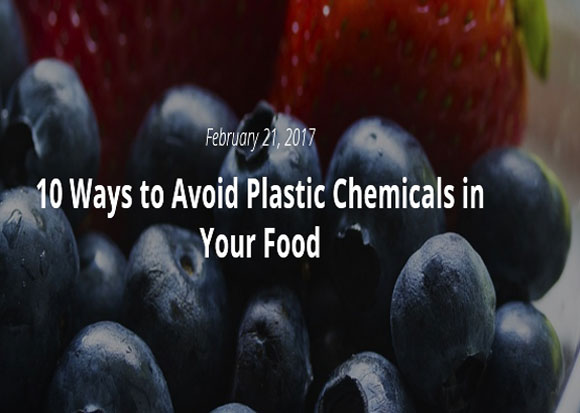
Health risks from plastics come primarily from food storage, preparation, and purchasing. When heated, plastic containers and/or wrap can leach harmful chemicals into your food. These chemicals, bisphenols and phthalates, are known endocrine disruptors and are implicated in numerous health challenges like diabetes, cancer, and obesity. Plastic Pollution Coalition is currently a co-investigator on a pilot study, ReThink Plastic, funded by California’s Breast Cancer Research Fund (CBCRF). PPC is working with Child Health and Development Studies (CHDS) to test an intervention strategy that reduces plastic use through educating trainers about toxic chemicals in plastics.
